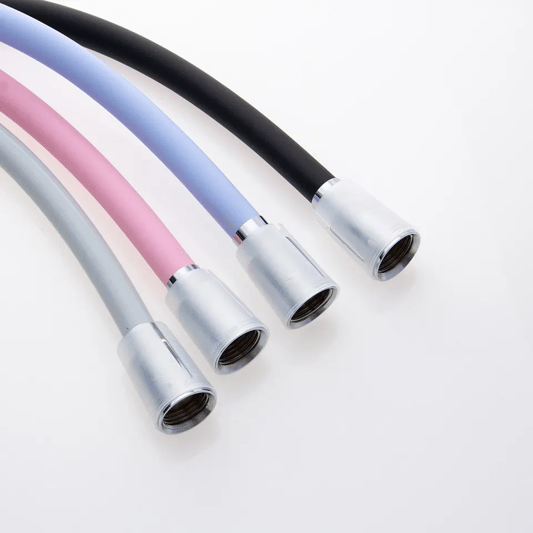The Benefits of medical silicone
Medical silicone is a popular material used in a variety of healthcare settings. It is safe, durable, and flexible, making it ideal for a wide range of applications. Silicone is biocompatible, which means it does not interfere with the body’s natural processes or cause an immune response. It is also extremely versatile, able to be molded into many different shapes and sizes. These qualities make silicone a popular choice for medical devices and implants, as well as a range of other medical products.
Surgical Implants and Devices
One of the most popular applications of medical silicone is in surgical implants and devices. Silicone can be molded into a variety of shapes and sizes, making it ideal for implants such as breast implants, as well as surgical devices such as catheters and tubing. Medical-grade silicone is also commonly used to create pacemaker leads and intraocular lenses (IOLs) for cataract surgery.
Wound Dressings and Adhesives
Medical silicone is also used in wound dressings and adhesives. Silicone adhesives are gentle on the skin and can be used to secure wound dressings without causing irritation or damage to the surrounding skin. Silicone wound dressings are also an effective way to manage exudate and promote healing. Some silicone dressings even have antimicrobial properties that help prevent infection.
Prosthetics and Orthotics
Medical silicone is an essential component in prosthetics and orthotics. It can be molded into custom shapes to create prosthetic limbs, ears, and facial features. Silicone is also used in orthotic devices such as ankle braces and knee pads, offering support and protection while remaining flexible and comfortable.
Dental Applications
Medical silicone is widely used in dentistry, particularly in the creation of dental impressions. Silicone is flexible and accurate, making it ideal for capturing the contours of teeth and gums. It is also used to create dental trays and bite guards to protect teeth and prevent teeth grinding.
Pharmaceutical Manufacturing
Medical silicone is used extensively in pharmaceutical manufacturing. Silicone is an inert material, which means it does not interact with the substances it comes into contact with. This makes it ideal for use in high-purity pharmaceutical applications, such as medical tubing and stoppers for vials and syringes.
Protective Coatings and Enclosures
Medical silicone is often used to protect electronic medical devices from damage. It can be molded into coatings and enclosures, serving as a protective barrier against water, dust, and other elements that could damage the device. Silicone is also used in wireless charging pads for medical devices, helping to keep them clean and safe.
Wearable Medical Devices
Medical silicone is also used in wearable medical devices such as glucose monitors and fitness trackers. Silicone bands and straps are comfortable and flexible, making them ideal for long-term wear. The material is also waterproof and resistant to sweat, ensuring that these devices can be worn without concern for damage or discomfort.
Contact Lenses
Medical silicone is also used in the manufacture of contact lenses. Silicone hydrogel lenses are comfortable and allow ample oxygen to reach the cornea. They can also be worn for extended periods without the need for removal and cleaning.
Future Applications of Medical Silicone
Medical silicone has already revolutionized the healthcare industry, but there is still much potential to be tapped. Researchers are exploring new ways to use medical silicone, such as in the creation of synthetic blood vessels and organs. Medical silicone may also play a role in the development of medical robots, offering a safe and flexible material that can mimic human tissues and organs.

